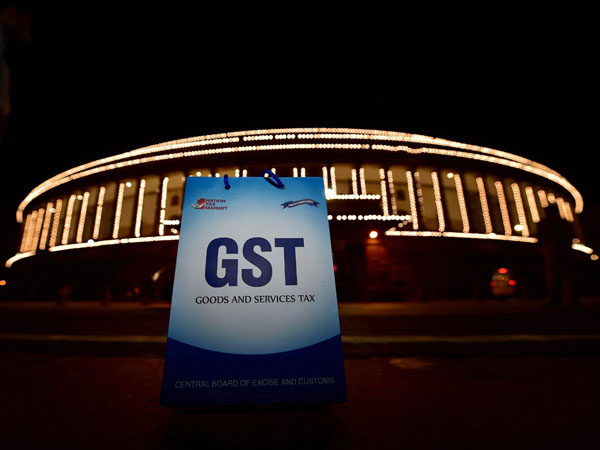
Some States get bigger piece of the GST compensation pie, here is why
Manufacturer States stand to lose revenue owing to GST implementation while consumer States have little or nothing to worry about
At a cost of Rs 55,000 crore, the Union government plans to compensate States for revenue losses over Goods and Services Tax implementation. Over the next five years, States will receive 100 percent compensation for revenue loss caused by GST subsuming local taxes. States like Gujarat, Maharashtra, Karnataka, Haryana and Tamil Nadu are slated to get bigger compensation because they are the biggest losers thanks to GST.

While some local bodies like the Bruhanmumbai Municipal Corporation have already received the first instalment of the compensation, over the next five years, the Union government will make up for losses that States, especially manufacturer States will face due to the abolition of the local tax system.
"GST is a destination based tax. It can also be called a consumption based tax. It basically means, the more you consume, the more you reap the benefits of this tax regime however, it is not great news for States that produce more and consume less. States like Maharashtra, Haryana, Karnataka produce more and sell it. With GST, they lose revenue that they used to get in the form of Central taxes, State tax, VAT and half a dozen more taxes," said Narasimhan Elangovan, a Finance expert.
The GST Council came up with regulations to compensate States that suffer loss due to the implementation of GST since the new tax regime will subsume a whole range of local taxes. With projected revenue for the next five years, the States will receive compensation every quarter that will be calculated at the end of every financial year.
While the Union government will compensate for GST revenue loss, States have the choice to levy taxes on citizens that do not come under the GST's ambit. Stamp duty, electricity cess, entertainment tax by local bodies, property tax, entry fee at municipal corporation border, road tax, toll tax and extra excise duty on tobacco products are just some way that States can opt for to tax an average citizen beyond the slabs of GST. Maharashtra and Tamil Nadu have already opted for the road tax and entertainment tax routes respectively.
States like Uttar Pradesh, Bihar, Andhra Pradesh and Telangana etc are consumer States. They buy products from manufacturer states. Before the GST regime, manufacturer states had the benefit of receiving all taxes including Central Excise. While the centre levied excise, the tax would go to the source of production, manufacturer States. Under the GST, the scenario has changed.
GST is estimated to subsume nearly 46 percent tax revenue from States. This is also the reason why high revenue yielding products like alcohol, petrol and diesel and property have been kept out of the GST ambit. This is the breathing space that States have to recover losses. The Tamil Nadu government is expected to lose Rs 3,500 Crores annually due to the abolition of CST while the Maharashtra government is set to lose Rs 14,000 crores that it collected as Octroi. The total revenue loss that a State incurs annually after the rollout of GST in comparison to base financial year, in this case, the last day of March 2016 and the projected growth rate will decide how much compensation each State gets. Perhaps why Tamil Nadu, Maharashtra, Karnataka, Haryana and Gujarat are slated to get a lion's share of the GST compensation fund.
OneIndia News


 Click it and Unblock the Notifications
Click it and Unblock the Notifications

































